First Contact
Posted October 28, 2010
ABOARD THE OROROMELA – Brian Harrell sits in the stern of the dhow with his captain and the mariner. The pristine waters of the Indian Ocean are calm. The sails are full. Occasionally a humpback whale can be seen, its majestic tail neatly slicing the surface as it dives to the depths below.
“Let me tell you a story,” Harrell says.
 Harrell is on a journey to the unknown. He is sailing up the coast of Mozambique in a vessel of ancient Arab design. His white-sailed, wooden dhow is named Ororomela, meaning “hope” or “an earnest desire” in the local dialect. His desire is to make contact with a people he can’t reach any other way.
Harrell is on a journey to the unknown. He is sailing up the coast of Mozambique in a vessel of ancient Arab design. His white-sailed, wooden dhow is named Ororomela, meaning “hope” or “an earnest desire” in the local dialect. His desire is to make contact with a people he can’t reach any other way.
“There was once a man named Jonah,” Harrell says. The captain and his mariner listen intently. They are both Muslim, and it’s the last day of Ramadan, the Islamic month of fasting. Both are attuned to spiritual things.
“God told Jonah to go one way and Jonah went another – in a boat,” Harrell recounts. As the story unfolds, the captain and the mariner hear how Jonah ends up in the belly of a giant fish – much like a whale – before he agrees to go where God wants him to go and deliver a message to a people who don’t know God.
Like Jonah, Harrell is on his way to a people who desperately need a word from God. Only they don’t know it.
The people are fishermen and traders with a reputation as liars and thieves. They are Muslim as well, though Harrell is careful not to equate the negative description of the people with their religion.
Harrell is an IMB missionary whose strategy is to use the dhow to reach villages that have never heard the Gospel. He and his ministry partners use language and terminology known by the locals. They present themselves as people of God who are there to tell God’s story and to teach God’s Word. They also teach natural medicine and agriculture.
The journey can be treacherous at times. Once Harrell’s dhow sank during a storm, losing everything on board. He was rescued and his dhow was salvaged with the help of villagers on shore. First contact was made and a lasting relationship ensued.
“You’re really in God’s hands when you’re on a dhow on the open ocean,” Harrell says. “Any time we take out on a dhow trip, you just never know what’s going to happen. Any time you’re making an initial contact, or a first contact, with people, you never know what’s going to happen.”
 For Harrell those first contacts are important, because they can open up not only an entire village or community to ministry, but also hundreds of square miles under the authority of a paramount chief.
For Harrell those first contacts are important, because they can open up not only an entire village or community to ministry, but also hundreds of square miles under the authority of a paramount chief.
Harrell equates finding the right contact to finding the biblical person of peace, one Jesus referred to when He sent out His disciples for ministry.
“The first time we set foot on a beach, it’s an incredible feeling,” Harrell says. “We are completely dependent on God and His guidance at that point. Some people receive you in a more hostile and suspicious way. But when you find a person of peace – somebody who is willing to make a sacrifice for you and somebody willing to open that community up to you – the momentum is no longer from the outside, but it’s from the inside using that person, and it’s absolutely invaluable.
“Without the person of peace you will always be the foreigner,” he explains. “There will always be suspicion; there will always be mistrust. Our experiences have been that when you find that person of peace everything just goes so much easier.”
Once a village opens up Harrell returns, using the person of peace to gain access into the community. Sometimes ministry partners establish medical clinics. Harrell focuses on congregating those who are interested in learning God’s Word.
He starts with stories of the Old Testament prophets, ones villagers are familiar with and are found in their Muslim books. “They don’t know the full story, though, so we tell them, and obviously in that process they are learning the story of God’s redemption through Christ,” Harrell says.
“Invariably God is calling people to Himself among this coastal people group,” he shares. “We always find those ones that God has called beforehand.”
Harrell points out a symbolic beauty in the mode of transportation he uses to reach these remote villages. Centuries ago, Arab traders traveling in dhows first brought Islam to the eastern coast of Africa.
“There’s something special about using a dhow to go back and share the Gospel for the first time,” Harrell said.
To learn how you can share Christ among unreached people groups, visit Share Christ.

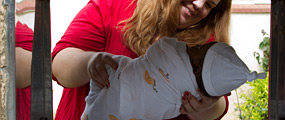

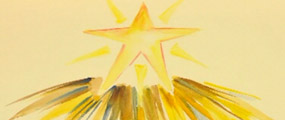
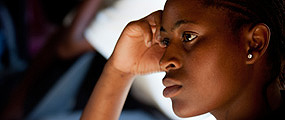
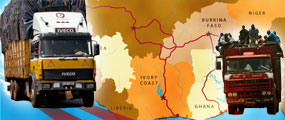
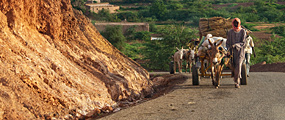
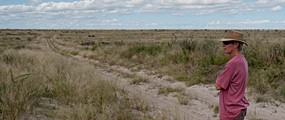

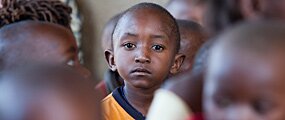
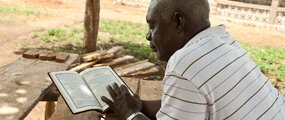

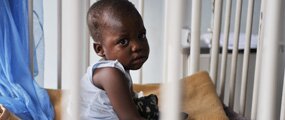
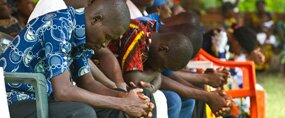
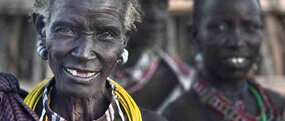
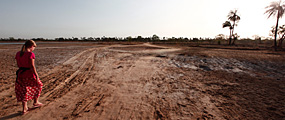
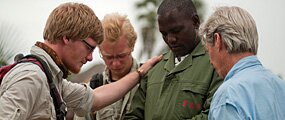
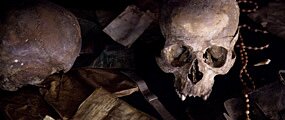
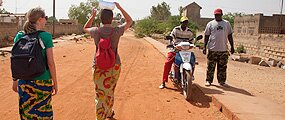
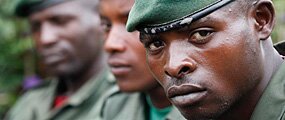
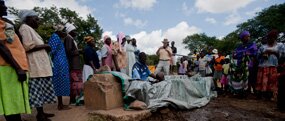
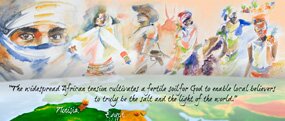

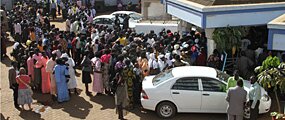
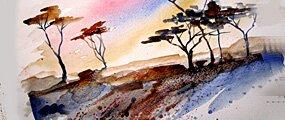


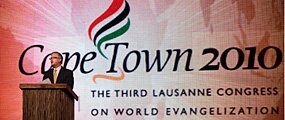
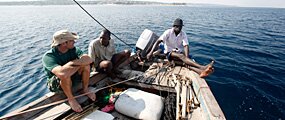
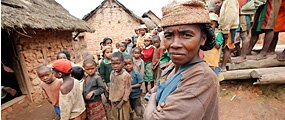

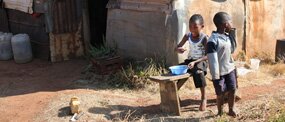
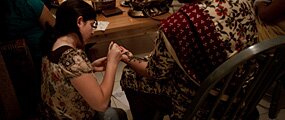
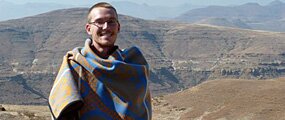



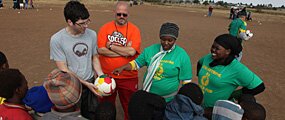

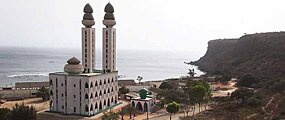
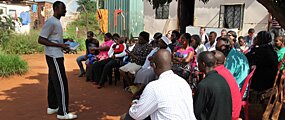
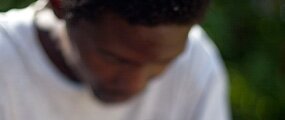
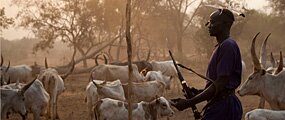

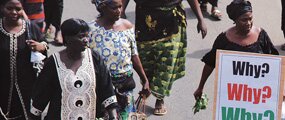
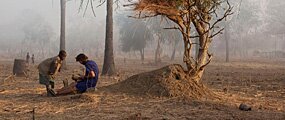
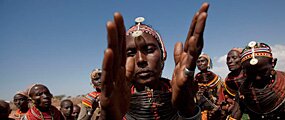
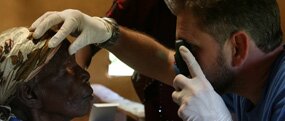
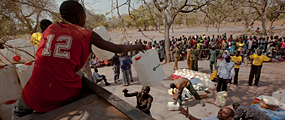
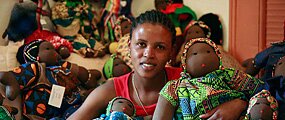
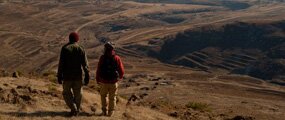
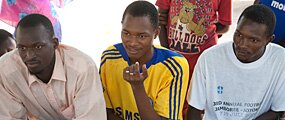
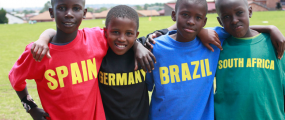
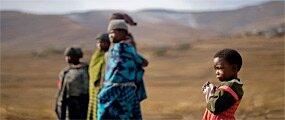
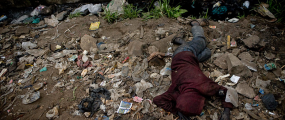
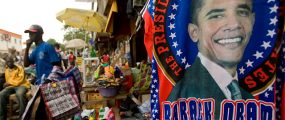
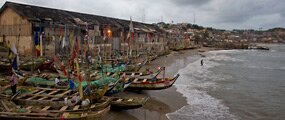

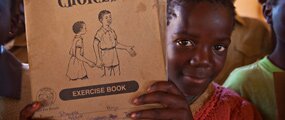






Debbie Floyd from the IMB sent me this link. I hope to use the story in curriculum I am writing for LifeWay Publications for preschoolers. Please tell me how to pronounce “dhow”.
Hi, Sharon,
Thanks for your question. “Dhow” rhymes with “cow.”